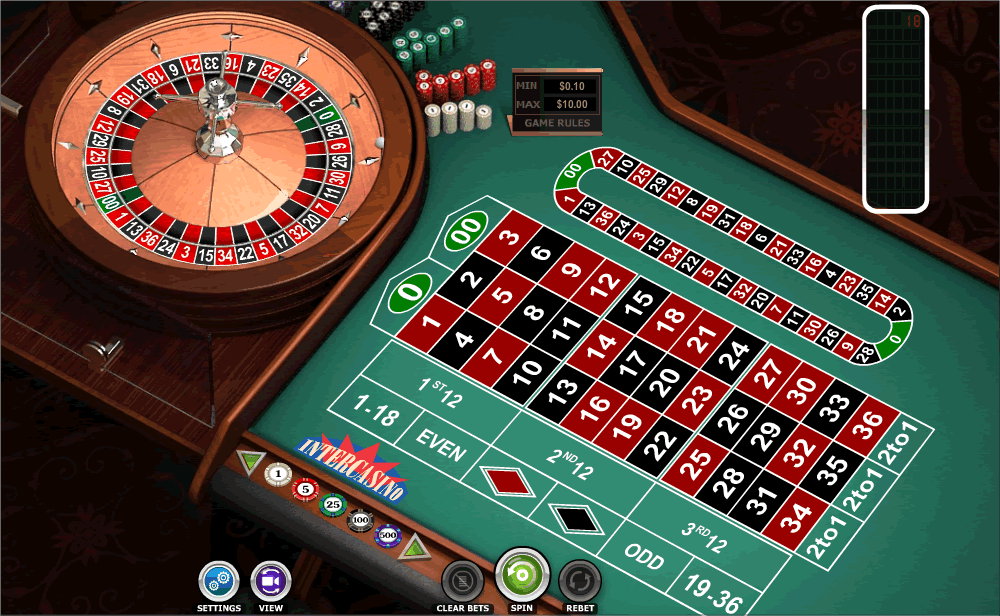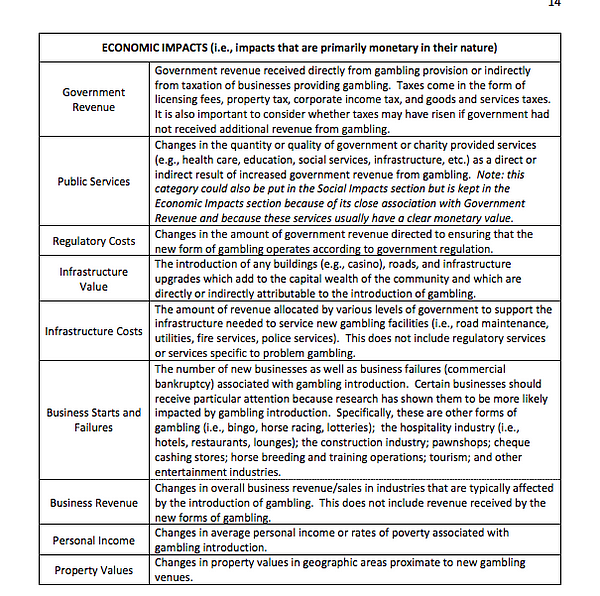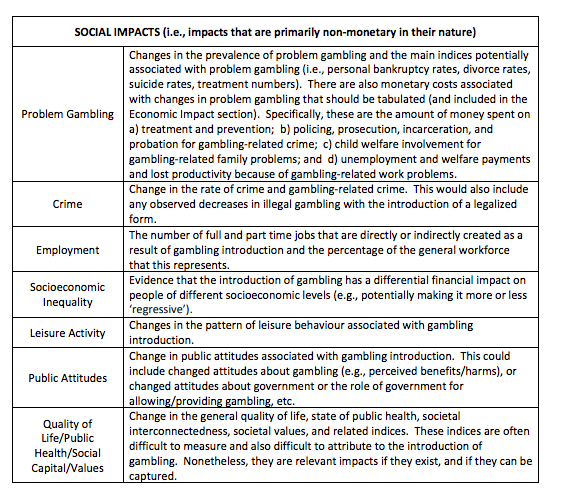What do you think about Betting?
One of the important and unambiguous positive impacts of gambling is that it offers entertainment value and an additional leisure option for the population.
The Social and Economic Impacts of Gambling, 2011
Gambler’s Fallacy

In the summer of 1913, something incredible happened in Monte Carlo. Crowds gathered around a roulette table and could not believe their eyes. The ball had landed on black twenty times in a row. Many players took advantage of the opportunity and immediately put their money on red. But the ball continued to come to rest on black. Even more people flocked to the table to bet on red. It had to change eventually! But it was black yet again — and again and again. It was not until the twenty-seventh spin that the ball eventually landed on red. By that time, the players had bet millions on the table. In a few spins of the wheel, they were bankrupt.
…People believe in the “balancing force of the universe.” This is the gambler’s fallacy. However, with independent events, there is no harmonizing force at work: A ball cannot remember how many times it has landed on black.
Excerpt from The Art of Thinking Clearly, Rolf Dobeli
While trying to decide the direction this write up should take I ask a friend, “What do you think about betting?” He replied “I think it’s bad…errm but that’s what FOREX/Stock Market trading is…you’re betting that it would rise or fall based on certain information”
I interject “but do people get addicted to FOREX/Stock Market trading?” We both reply we’re not sure.
According to a KPMG report on Gambling in Africa, about 60 million Nigerians adults (18–40 years old) are into active sports betting. The common player would spend about 3,000 Naira (nearly $15) on sports betting. Proportionately, nearly 2 billion Naira is laid out on sports betting in Nigeria every day, which turns into nearly 730 billion Naira for a year.
Nigeria’s Gambling Growth Insider, 2018
Control
I take out time to think, What’s the issue with Gambling? The issues seem to be that because most gamblers can’t influence the outcome of the result so it’s wrong or a lazy (Wo)man’s sport. Isn’t it an educated Guess? Reading up a team’s stats and past performance records is similar to reading a company’s financial’s and other related reports before making an investment decision.
Is it because it’s based more on probability and involves less control over the outcome?
Is it because it is addictive?
Is it because it’s a way to satisfy your ego?
Why leave your fate to chance? Well, you may argue that our fate is already uncertain as nothing is absolutely certain.
Nigeria is to launch a nationwide lottery titled Quick Lotto, and former chairman of the Senate Committee on Capital Market Ayo Arise believes that the launch will generate employment and tax revenues. Arise has collected data from various countries which have a national lottery and believes that for most countries the lottery is but a means to make the community more prosperous. In this respect, he states that Nigeria does not intend to behave differently. Arise has stated that 20 percent of the profits from the lottery are distributed to the Federal Government which uses the money for good causes, “for the advancement and progress of this nation,” says Arise.
Nigeria’s Gambling Growth Insider, 2018
I try to counter myself, it’s because it goes against the accepted norm — Work (physical and mental) and Be Wealthy. If everyone were to bet which obviously won’t happen, the world wouldn’t move forward. Well, luckily there’s enough time to go about our day’s work and still bet so it’s not a mutually exclusive task. I stop thinking, I’m not sure where to pitch my tent, I’m trying to be objective.


I tried to write about this topic when I had a discussion with a friend a few months ago about whether gambling had a positive or negative net effect on the society but then in reading about the topic — I really was going with the mindset that I’d find data that proves that it has a net negative effect on the society but all the results from research papers I examined were inconclusive about the net effect of betting on the economy, because the value of non-monetary impact is subjective.
Stories that touch
Student athletes are the biggest targets for points shaving schemes and sports gambling troubles. Students do not have much money and are easily bribed. One Arizona State University student, Stevin Smith was paid $80,000 in 1994 to throw four games.
March Madness Money: The Effects of Gambling On Sports, Inc
Research confirms that lower income people consistently contribute proportionally more of their income to gambling than do middle and high income groups (‘socioeconomic inequality’). However, average annual expenditure on gambling still tends to increase as a function of income class. Thus, total gambling revenue is still primarily contributed by middle and higher income groups. The only exception to this finding of regressivity concerns Internet gambling, where the limited existing research indicates it to be less likely to be regressive, as computer savvy Internet gamblers tend to be better educated and have higher incomes.
The Social and Economic Impacts of Gambling, 2011
A study carried out on European football clubs and football betting among the youths in Nigeria in 2016 shows that many people bet every day as opposed to a few days of the week, staking between 100–500 Naira per week, most betting even when they are broke.
Another study reported similar results with the motivating factors attributed to the presence of economic desperation associated with hardship, reward salience/illusion, and the need to fit in with their peers.
Victor Odundo who talks about how the exponential growth of mobile telephony has contributed to a higher betting prevalence and the rise of gambling addiction in Africa made a good point that sums up my thoughts.
Supporters of mobile-based sports betting in Africa will tell you how good it’s been for the continent. They list off a number of gambling benefits including increased employment opportunities, easy money for low-income earners, tax revenue for government, and general economic growth.
What they don’t talk about is the devastating effect betting has on many of those who participate in it, more than half of whom are below the age of 35.
This is particularly problematic in Africa because the continent has the youngest population in the world. Over 420 million Africans are aged between 15 and 35. On top of this unemployment is extremely high. About 35% of Africa’s young people are unemployed. Only one out of six African youths are in gainful wage employment.
These unemployed and underemployed youths are easily stimulated by sports which is a major craze on the continent. And betting appears to offer a way out of poverty.
In this kind of environment, it’s easy to see how the value proposition of mobile-based sports betting is so attractive to young people given that bets as small as $1 can deliver a win of $500.
One of the dangers is that low-earning young people often borrow money for betting. This places them in a cycle of perpetual debt. Rising debt levels compound an already dire situation — 40% of people in Africa live on less than $1.90 a day.
My unpopular opinion is that relying on the data I’ve had access to, I can’t objectively prove that gambling brings more harm than good to the society even though I think it does.
If you have any, What’s your unpopular opinion?


